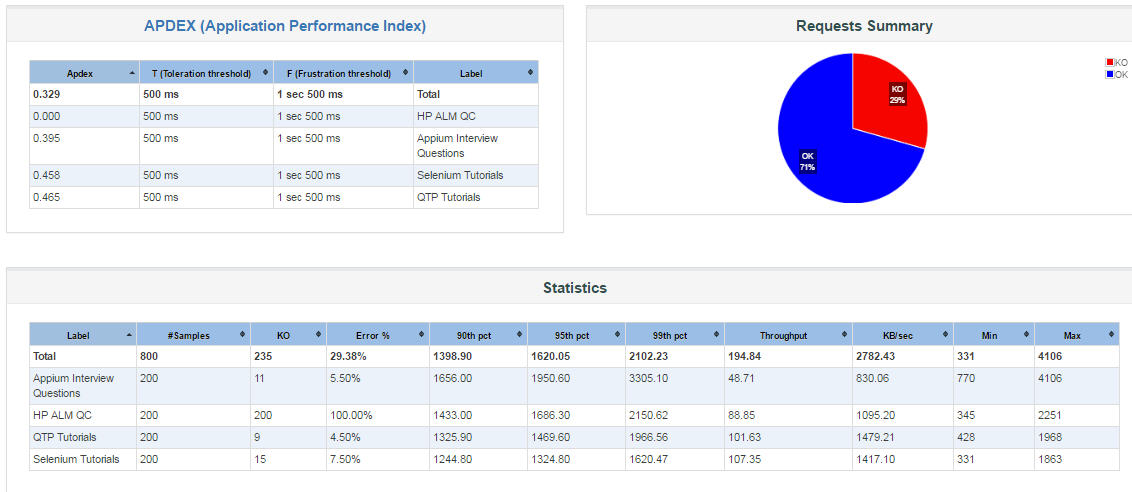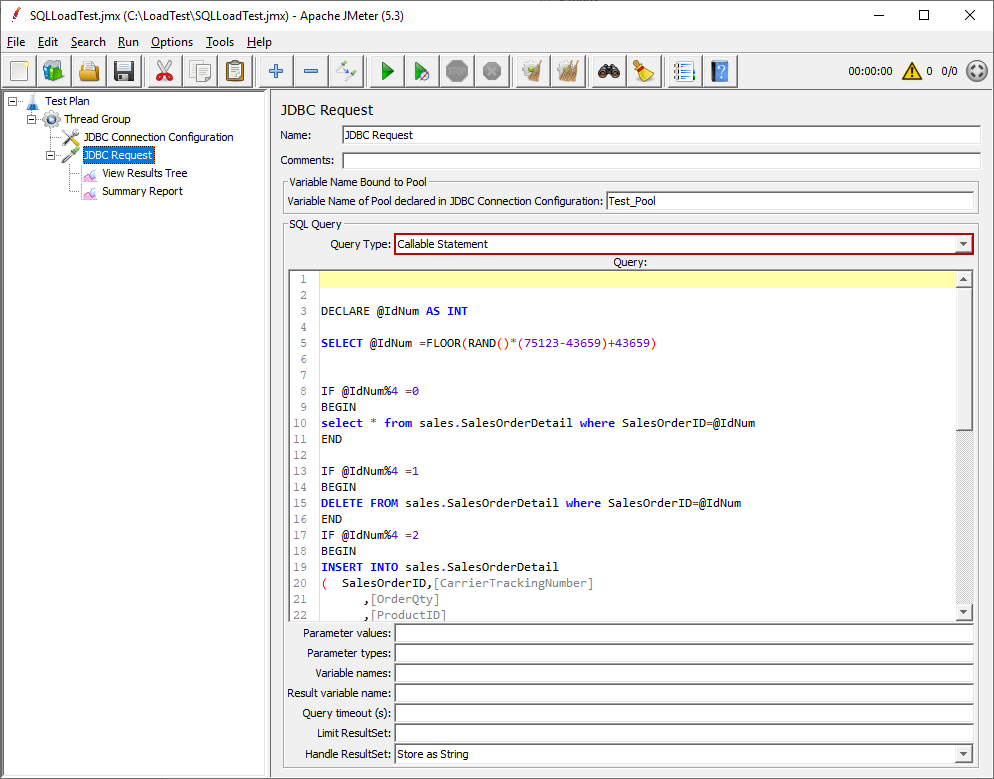

- #Test case apache jmeter how to#
- #Test case apache jmeter install#
- #Test case apache jmeter software#
- #Test case apache jmeter code#
- #Test case apache jmeter windows#
A large number of users could be using the application at the same time.įor large-scale applications, these things are very crucial to know before a full-fledged release.Users are distributed across different locations.After end-users start using the application, various things can cause the application to not behave as we expect, for some of the following reasons:
#Test case apache jmeter software#
Although we do a lot of testing, we cannot be sure the software is stable without users actually using it. The task is part of the extension which was downloaded.Before we release our software to the end-users, we perform different kinds of tests to ensure that the application is bug-free and meets business requirements.
#Test case apache jmeter install#
#Test case apache jmeter windows#
I like Linux so i did it with Centos, but it will work on Windows as well.

The azure devops pipeline orchestrated the following 3 steps: We used a Centos VM in azure as a self hosted agent and created an azure devops pipeline to run on the self hosted agent. Configuration driven- What happens when we want to test with 10 users and then 50 and then back to 5? And what about when we want to change the ramp up time, load duration of test, what if we want to make only 10 calls to the api? These changes can be done in the jmx file to support all kinds of scenarios, but making all these parameters and much more configurable through the pipeline made our job much easier.
#Test case apache jmeter code#
How do we stitch changes done in code or configuration with the load test results without maintaining excel sheets? Traceability- What happens when we are running 50 load tests per day while using different permutations of configuration and builds ? We mess up the traceability of what changes lead to what affects.This needed automation as doing ssh to a VM every time we wanted to load test, was not feasible.

#Test case apache jmeter how to#
If you want to skip directly to how to use this extension, go to “ PublishHTMLReport extension” section directly in this blogpost.īut before everything else, Why run Jmeter tests from Azure DevOps Pipelines?
.png)
We have created a custom extension which solves the problem of sending Jmeter (Or any) HTML report to azure devops.


 0 kommentar(er)
0 kommentar(er)
